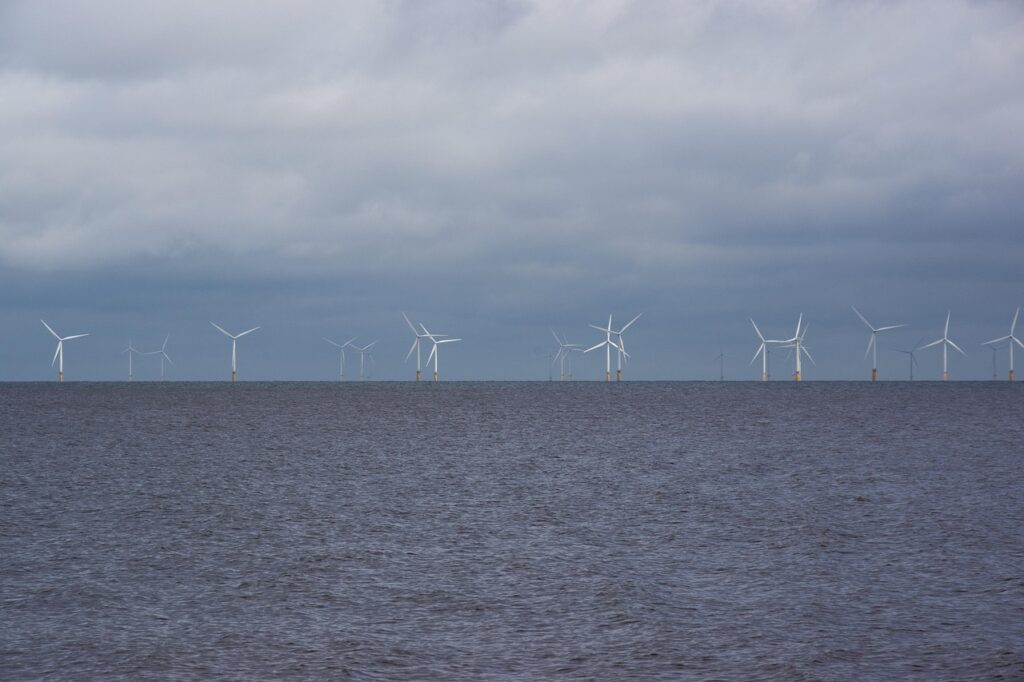Third Destination – Beijing Auto 2024
The 2024 Beijing International Automotive Exhibition, or Beijing Auto Show 2024, drew an impressive crowd of over 892,000 visitors, including 28,000 attendees from around the globe (one of them being John)!
This year marked the 18th edition of the auto show, highlighting China’s extraordinary progress in automotive innovation and advancement. The nation’s leadership in new energy vehicle (NEV) manufacturing and its growing competitiveness in the global market were evident throughout the event.
Smart Transport On Display
There is no mistaking the enthusiasm and fervour surrounding China’s homegrown EVs at the event, with NEVs taking centre stage. These accounted for more than 80% of the 117 new vehicle models unveiled at the exhibition.
In total, 278 models, encompassing both NEVs and internal combustion engine vehicles, were showcased, reflecting a notable 74% increase from the previous auto show (source: Global Times). The event also saw the debut of 20 new NEV brands, offering attendees a glimpse into the latest trends shaping the industry.
Check out this slick Neta GT – an electric mid-size sports car produced by Hozon Auto under the Neta (Nezha) brand.
The vehicle takes the form of a 2-door sports coupe (unusual for electric cars of its time), with a slim, aggressively outlined silhouette distinguished by slanted headlights. A characteristic feature of the GT is the retractable external door handles that improve aerodynamics and a camera system enabling semi-autonomous driving.
Now, take a peek at Dongfeng’s recently launched electric vehicle brand, eπ, unveiled just last year at the Shanghai Auto Show. eπ sets its sights on the market with its stylish futuristic design and cutting-edge electric vehicles. Keep an eye on this space!
Behold all these EVs from a diverse range of different brands, including Xiaomi, IM Motors, iCar, Dongfeng, BYD, Yangwang, Luxeed, Hongqi, Jaecoo and more! Even with everything we’ve seen so far, it feels as though we’ve merely skimmed the surface of what the show had to offer.


There is truly an abundance of smart automotive technologies on display, spanning from artificial intelligence (AI) to autonomous driving.
Amongst the standouts, China’s tech giant Tencent unveiled its “global intelligence” solution tailored for the automotive industry. Tencent’s system addresses various core aspects such as R&D, production, marketing, services, and corporate collaboration. The company also announced plans related to smart vehicle-use clouds and cockpits, offering autonomous driving cloud services to top car manufacturers in the sector.
XPeng also garnered much attention at the show by integrating AI systems into its latest models, introducing personalized AI travel experiences and advanced safety features.
In addition to automakers, numerous companies in the NEV supply chain participated in the gala event. Contemporary Amperex Technology Co Limited (CATL), the world’s leading battery manufacturer and technology provider revealed the company’s latest Shenxing PLUS battery, which is the world’s first LFP battery that enables 1,000-km range ride per charge.
Equality in Action
Huge Market for Smart Transport
The debut of numerous new car models at the Beijing Auto Show signals a future trend of increasingly diverse and upgraded consumption within the smart transport market
With the government’s introduction of an action plan aimed at promoting nationwide large-scale equipment renewal and trade-in programs for major consumer goods, coupled with policies from various departments—such as the Ministry of Commerce offering incentives for ordinary consumers to switch from outdated vehicles to clean, renewable energy-powered ones—the outlook for China’s auto consumption market is one of anticipated growth over the next five to ten years.
China’s NEV market has experienced remarkable growth rates in the past several years, and with the government’s new trade-in policy, it is widely anticipated that stronger consumer enthusiasm for buying cleaner new-energy vehicles will come. Some experts suggests the trade-in policy could potentially bring 2 million additional NEV sales in 2024.



















